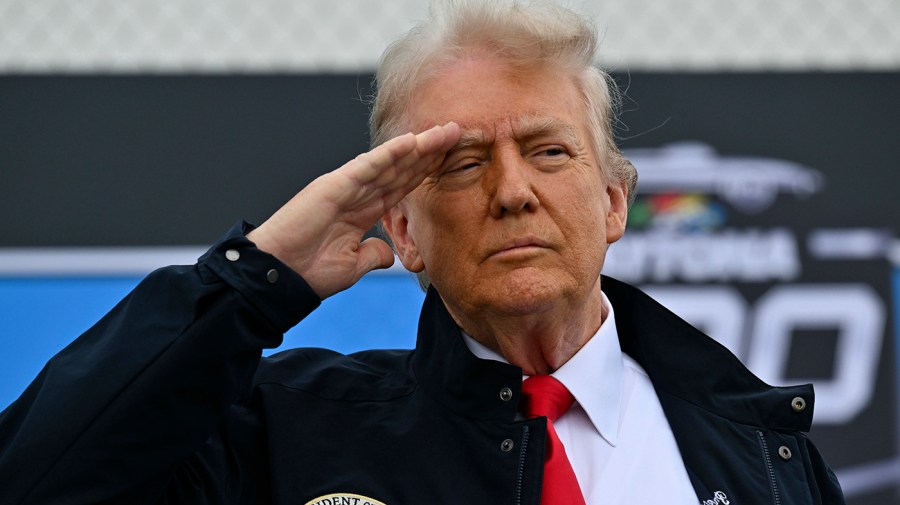Trump Administration Announces Plans to Withdraw U.S. from UNESCO… Again
In a move reminiscent of his first term, President Donald Trump has announced plans to withdraw the United States from the United Nations Educational, Scientific and Cultural Organization (UNESCO) for a second time. This decision comes as part of a broader executive order that also includes withdrawing from the UN Human Rights Council (UNHRC) and ending funding for the UN Relief and Works Agency for Palestine Refugees in the Near East (UNRWA).
What’s Happening
On February 4, 2025, President Trump signed an executive order outlining the following actions:
1. Withdrawing the U.S. from UNESCO
2. Withdrawing from the UN Human Rights Council
3. Ending funding for UNRWA
4. Reviewing U.S. involvement in other international organizations
The Trump administration cited several reasons for these decisions, including alleged anti-Israel bias in these organizations, concerns about the effectiveness and management of UN bodies, and a desire to prioritize “America First” policies.
Background
This is not the first time the U.S. has withdrawn from UNESCO under Trump’s leadership. In 2017, during his first term, Trump pulled the country out of the organization, citing similar concerns about anti-Israel bias. The U.S. officially left UNESCO on January 1, 2019. However, the Biden administration reversed this decision and rejoined UNESCO in 2023. Now, with Trump back in office, the cycle appears to be repeating itself.
Potential Impact
The withdrawal from UNESCO and other UN bodies could have several consequences:
1. Financial: UNESCO’s budget may be significantly impacted, as the U.S. traditionally contributed about 22% of its funding.
2. Diplomatic: This move could strain relations between the U.S. and other member states, potentially reducing American influence in international forums.
3. Cultural preservation: UNESCO is known for its work in designating and protecting World Heritage Sites. U.S. withdrawal could affect these efforts.
4. Educational and scientific cooperation: UNESCO facilitates international collaboration in these areas, which may be hampered by U.S. absence.
5. Humanitarian aid: The decision to end funding for UNRWA could have significant implications for Palestinian refugees who rely on the agency’s services.
Different Perspectives
Supporters of the withdrawal argue that it sends a strong message about the need for reform in international organizations and reinforces the Trump administration’s “America First” policy. Critics, however, contend that withdrawing from these organizations reduces U.S. influence on the global stage and undermines international cooperation.
Historical Context
It’s worth noting that withdrawing from international organizations is not unique to the Trump administration. Previous presidents, including Jimmy Carter, Ronald Reagan, and Bill Clinton, have taken similar actions when they believed certain organizations were not serving U.S. interests effectively.
Looking Ahead
As this situation develops, it will be important to monitor:
1. The response from other UN member states
2. Any potential reforms proposed by UNESCO or other affected organizations
3. The impact on ongoing UNESCO projects and World Heritage Sites
4. Possible effects on U.S. diplomatic relations, particularly in the Middle East
While the immediate consequences of this decision are clear, the long-term implications for U.S. engagement with international institutions remain to be seen.









